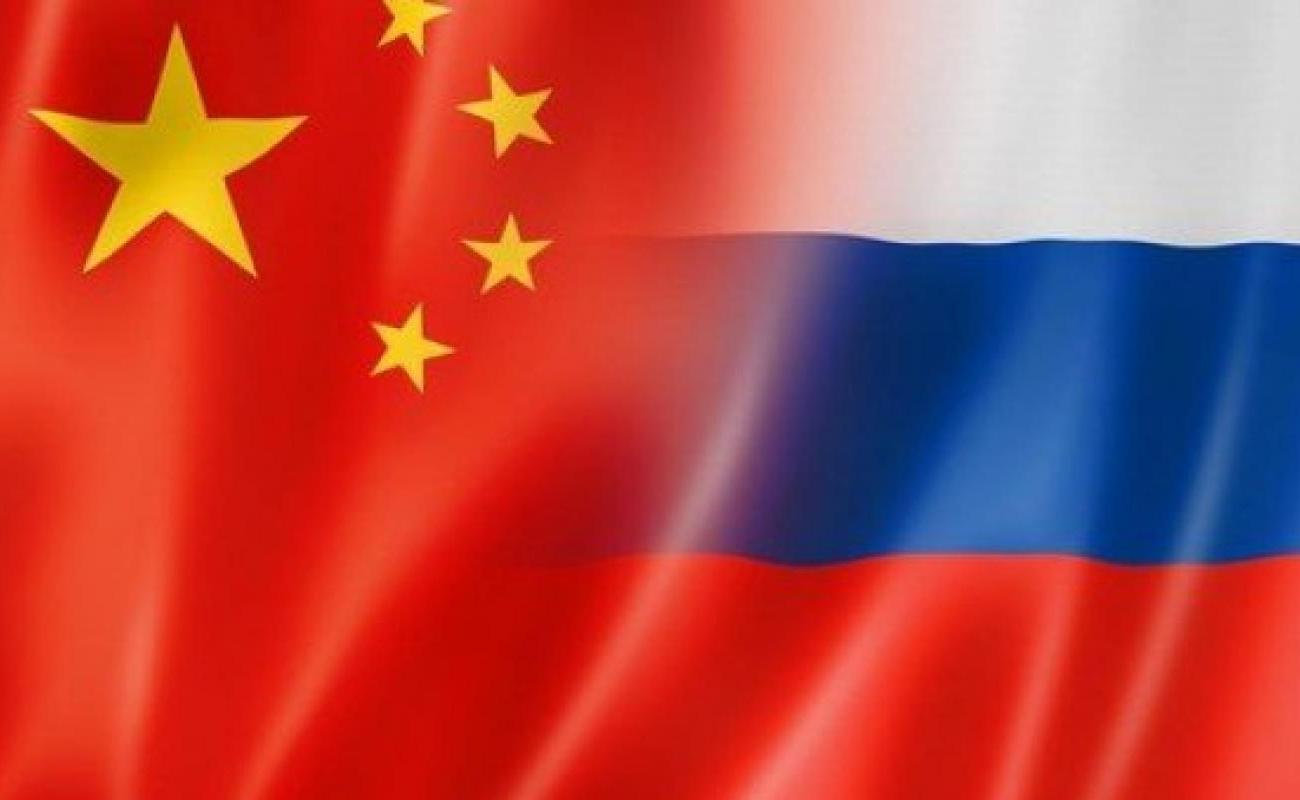A new dangerous trend. As evidenced by the path of Russia and China

In this case, Russia is simply the most obvious example because of its aggressive behavior
Our attention, for obvious reasons, is focused on Russia's war against Ukraine. But the analysis of the international situation in the last 10 years shows that a new and very ambiguous trend has emerged. A new phenomenon appeared - "neo-empires", which can be understood as large states that possess a rather large military-political and economic potential and seek direct or indirect territorial expansion (expansion of their geopolitical influence) using the right of force.
In this case, Russia is simply the most obvious example because of its aggressive behavior. But in the same paradigm, albeit in a more latent form, numerous other countries - China, Turkey and Iran - operate.
Unlike classical empires, neo-empires claim their special right to influence and even indirect control over the sphere of their exclusive interests. Russia over the post-Soviet space and the so-called "Russian world", Turkey claims leadership in the "Turkish world", and Iran claims influence in countries inhabited by Shiite Muslims. A more complex and flexible structure of international influence (mainly economic, but partly political) in China is the global interstate project of economic cooperation and infrastructure development "One Belt One Road" (with China's leading and decisive role). It should also be noted that neo-empires are characterized by authoritarian (or semi-authoritarian) political regimes.
If the influence of the neo-empires on the "spheres of influence" that they themselves defined was only with the help of "soft power", then there would be no special problems. But the neo-empires increasingly began to use the "right of force" in its extreme form - militarily. Iran supports Shiite military groups in various countries around the world. Russia invaded Georgia in 2008, seized Ukraine's Crimea in 2014 and launched a war in Donbass, then used its armed forces in the war in Syria, and on February 24, 2022 launched a bloody war against Ukraine. Turkey is carrying out a special military operation in the north of Syria, and China declares the possibility of a military solution to the "Taiwan problem".
The bad example of Putin's Russia is becoming contagious. The use of the law of force destroys the world order based on international law. But this is far from the only problem arising from the violent actions of neo-empires.
The West responded to Russia's brutal war against Ukraine with heavy sanctions against Russia and support for Ukraine. In fact, a new cold war has begun between the Western (democratic) world and Russia. And the trade war between the US and China, which began during the tenure of former US President Donald Trump, is threatening to turn into a military-political confrontation between these two superpowers due to the aggravation of the "Taiwan problem". There is a risk of conflict between states that have nuclear weapons.
But even if there is no direct military conflict, there may be a systemic and protracted confrontation between the Western (democratic) world and a group of neo-empires based on authoritarian power systems and corresponding political values. And this can lead to the destruction (at least partially) of the international economic system, which was created as a result of globalization processes. In the event of a systemic confrontation, each of the conflicting political camps will build its own system of logistics and supply of strategically important resources, so as not to depend on a potential opponent. And that is a big threat to the international economy, which is already under attack as a result of the COVID-19 pandemic and Russia's war against Ukraine.
At the same time, very serious problems may arise for at least two neo-empires — China and Turkey. Both countries are actively and extensively involved in the processes of economic globalization, especially China. China's impressive economic rise in the last 40 years is the result of its effective involvement in international trade. Active economic development of Turkey was largely the result of activating relations with Western countries, primarily with the European Union.
The paradox of the current situation for China and Turkey lies in the contradiction between their great-power (neo-imperial) geopolitical ambitions and economic interests. There used to be a similar situation in Russia. But Putin made an unequivocal choice in favor of imperial revanchism. But what choice China and Turkey will make is still an open question. The most optimal strategy for them is to maintain a dynamic balance between geopolitical ambitions (but in a moderate form) and getting benefits from active participation in the global economic system. The choice in favor of a great power and the use of violent methods in international politics will inevitably lead to economic losses for these countries.
The further development of the international situation depends on the end of Russia's war against Ukraine and on the elections of China and Turkey.
Finally, I will remind you of a historical experience. The world has already seen the revenge attempt of neo-empires during the Second World War. In fact, that war started as a result of the conquest ambitions of the great powers of the neo-empires of the time. And we remember how it ended. And the current neo-empires should not forget that.
